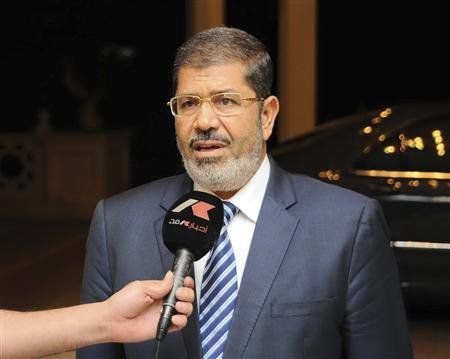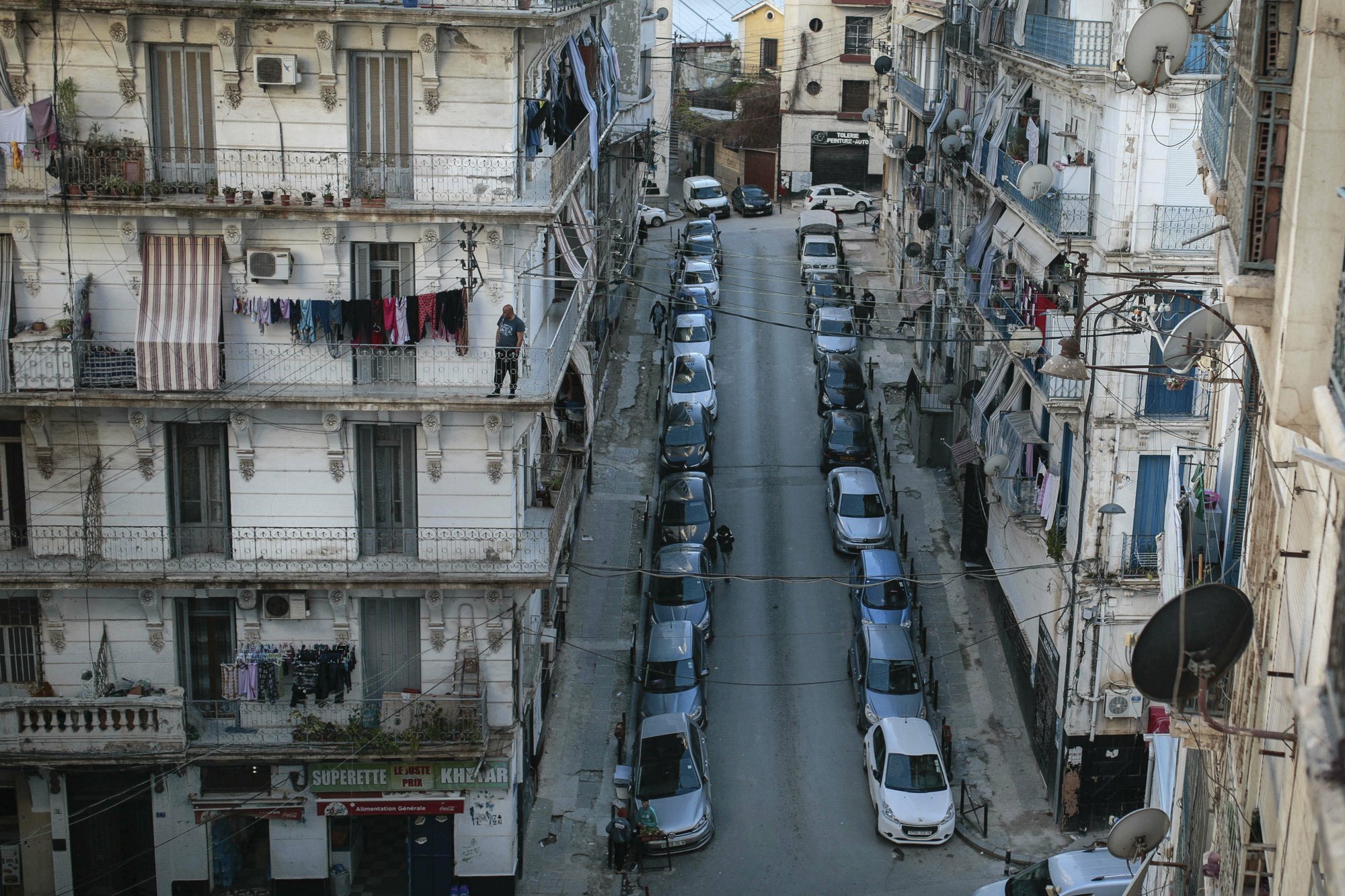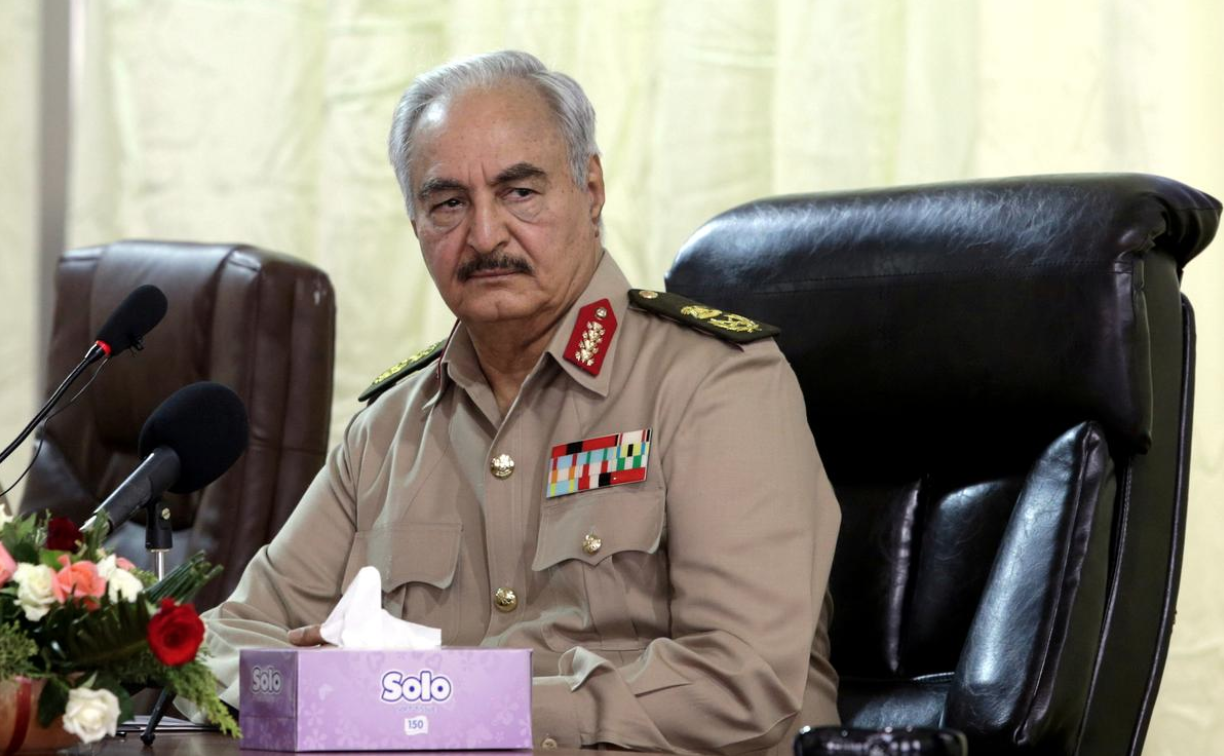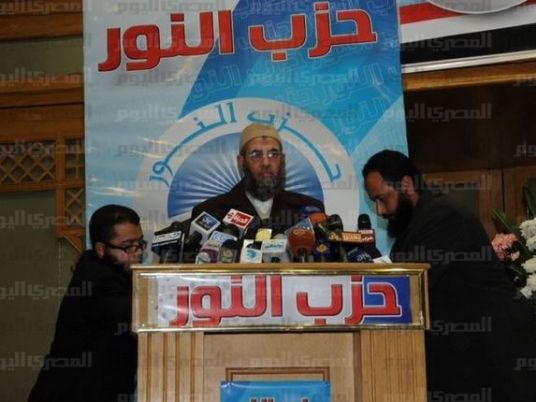
After much speculation and anticipation, President Mohamed Morsy announced his 21-member presidential team Monday, revealing a staff dominated by Islamists and Muslim Brotherhood sympathizers, excluding opponents and figures critical of the Islamist forces.
One dynamic revealed by the formation of the new team is a certain rapprochement between the Brotherhood and Salafis, after months of contentious relations between the two most prominent Islamist forces in the country. For analysts, the reconciliation could be an indication of a reinforced Islamist bloc ahead of two critical polls: the referendum on the new constitution and the People’s Assembly elections.
“The choice of advisers is expected and it definitely serves the Brotherhood’s political interests,” says Ashraf El-Sherif, a political scientist at the American University in Cairo. “They chose either Brotherhood members or Islamists, and the non-Islamists in the team are people who generally don’t oppose the Brotherhood.”
The Salafi Nour Party is the only political party represented in the 21-member presidential team other than the Brotherhood’s Freedom and Justice Party. The three Nour Party members are party President Emad Abdel Ghafour, who is one of the four main assistants to Morsy in charge of the national dialogue portfolio, Bassam al-Zarqa, the party’s secretary in Alexandria, and Khaled Alam Eddin, a marine science professor who had refused the post of environment minister in the current Cabinet after his party objected to the less-than-prominent portfolio of the ministry.
A rift between Salafis and other members of the Constituent Assembly, including the Brothers, took place last month as the former wanted to remove the term “principles” from Article 2, which states that “the principles of Islamic Sharia are the primary source of legislation.” The removal of the word “principles” would allow a more inclusive interpretation of Sharia in legislation. However, the conflict ended with a unanimous vote against the Salafis’ will.
Another indicator of shaky relations between the two groups was during the Cabinet formation, which excluded Salafis from the government.
“Communication with the FJP stopped completely since Morsy was elected, although we used to be in constant dialogue. I didn’t know anything about the government except from the media,” Abdel Ghafour told Al-Masry Al-Youm.
A further rift dates back to the parliamentary elections, which started in November of last year and ended with the Nour Party securing 25 percent of Parliament on its own. It had withdrawn from an FJP-led coalition before the elections, citing the Brotherhood’s attempt to have the biggest share of seats on the electoral lists. The Salafis’ autonomous victories came to everyone’s surprise.
The Salafi party leader, however, showed signs of yielding to other opinions. Even though the Nour Party disagreed on Article 2 and had a different vision for a Cabinet representing all political parties, Abdel Ghafour said they supported the current government and would go along with the majority’s opinion on the constitution.
Sherif argues that the choice of three Nour Party members is a political tactic by the Brotherhood ahead of the referendum on the constitution.
“The Brothers have been politically isolated, as all other forces and parties joined the opposition, including the liberal forces that didn’t necessarily hate the Brotherhood,” he says. “They need a political ally to break that isolation. Also, Salafis won’t refuse such positions, especially since it is expected that an Islamist-secular polarization will take place in the coming period over the referendum.”
According to statements by members of the Constituent Assembly in charge of drafting the state’s legal backbone, the referendum on the draft constitution is expected to take place by the end of September.
The Constituent Assembly’s current configuration has been attacked by secular forces who complain that it is not representative of society and is dominated by Islamists.
Sherif argues that there are two variables that determine the relationship between Salafis and Brothers. First is the choice of when the Brothers use the Salafis as a tool to achieve certain political gains. This, however, is curtailed by the second variable, which unfolds when there is an ideological difference between the two groups.
“This rapprochement between both forces today comes from mutual political interest since it’s their priority at the time to unite in order to pass the constitution,” he adds.
Ibrahim al-Bayoumy Ghanem, an Islamist thinker and former member of the Brotherhood, describes the relationship between Salafis and Brothers as one that involves normal political calculations that are neither necessarily smooth nor contentious.
Ghanem adds that the Nour Party is currently undergoing an internal reshuffle in order to move closer to the Brothers.
“The Nour Party will seek to get rid of the ultraconservative figures who tarnished their image last year by wasting time over shallow arguments over literal interpretations of Islamic teachings,” he says.
According to Ghanem, the three Nour Party members in the presidential team are the people most open to develop and mature ideologically.
Analysts, however, don’t see the restoration of normal relations between Salafis and the Muslim Brotherhood leading to a full-fledged electoral alliance in the upcoming parliamentary elections, which should take place right after the referendum on the constitution.
“It’s an attempt to calm down Salafis. However, I don’t believe that it necessarily indicates an alliance in elections. The Nour Party has power in the street and its political future is not dependent on an alliance with the Brothers. Only coordination in some districts might take place,” says Ahmed Zaghloul, a columnist who specializes in Salafi groups in Egypt.
Abdel Ghafour also ruled out an alliance with the FJP in the elections.
“The competition between both parties enriches political life, and their merger under one electoral list pushes the idea of political Islam, which could have negative effects locally and internationally,” he says.
“The Nour Party has a strong presence in all governorates, and we are capable of competing for all parliamentary seats, but this hasn’t been decided yet. Talk about a parliamentary alliance with the FJP is premature."
This piece was originally published in Egypt Independent's weekly print edition.




